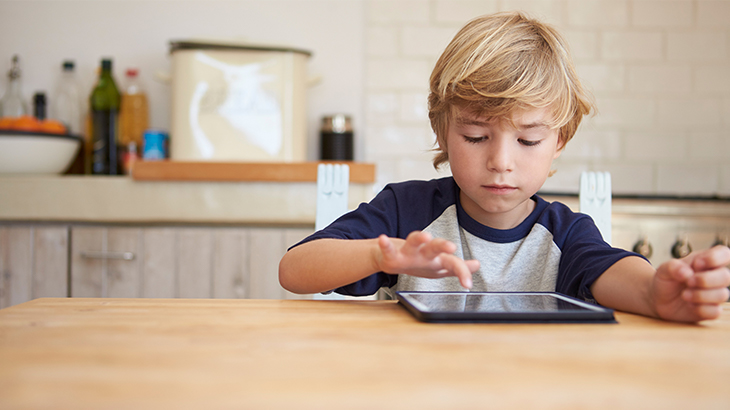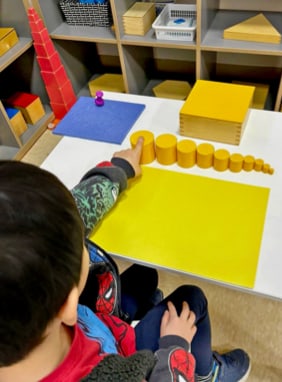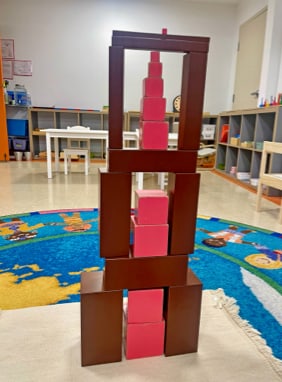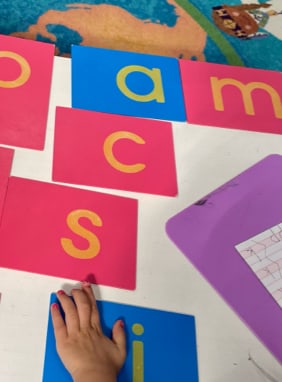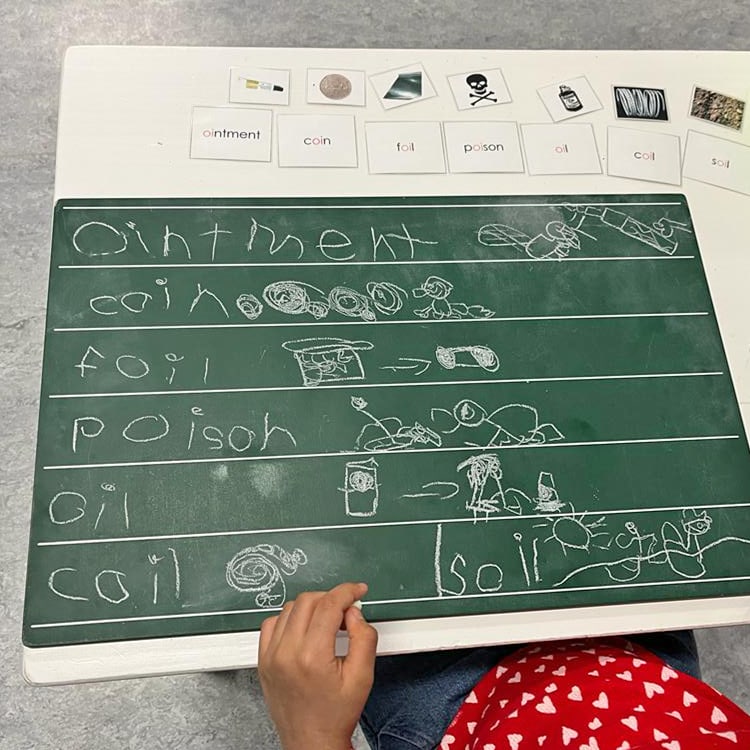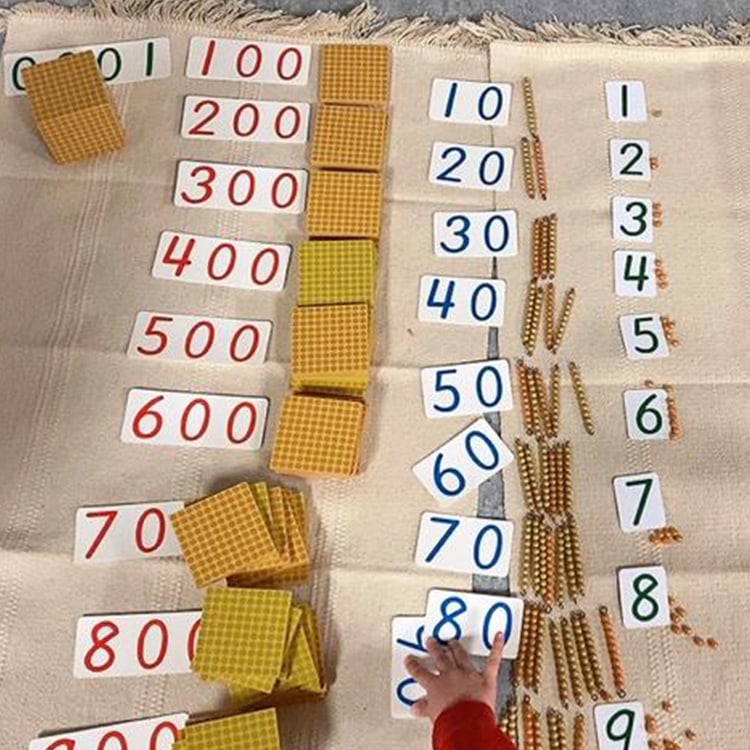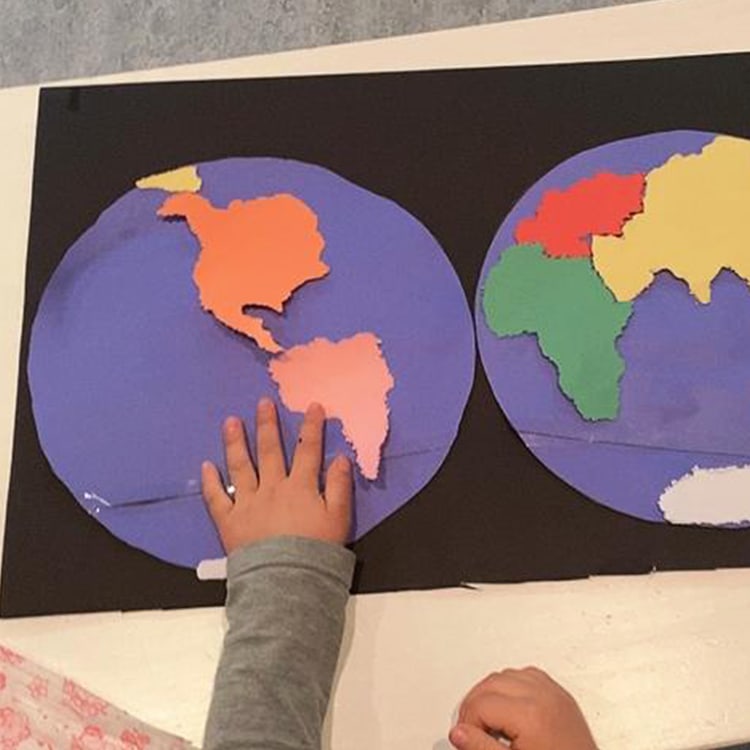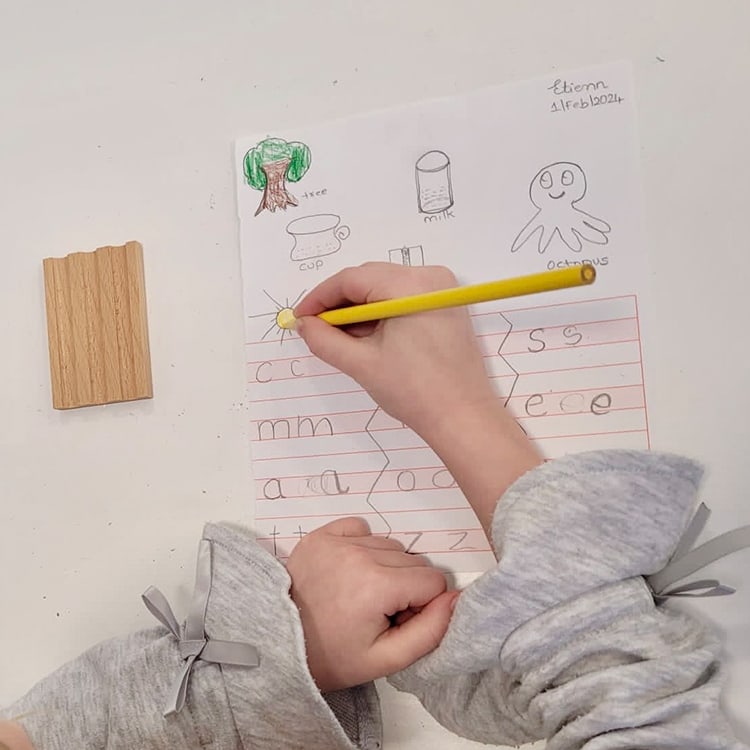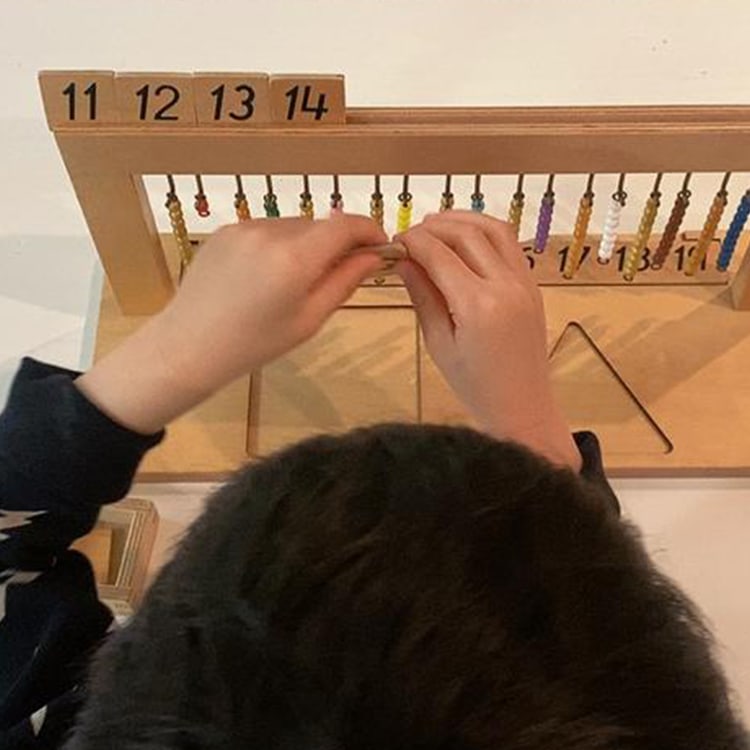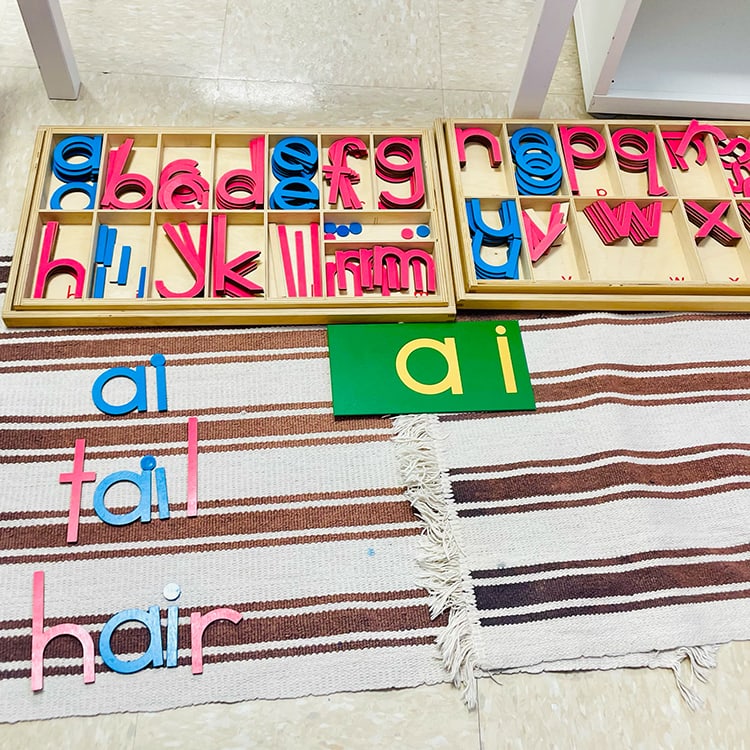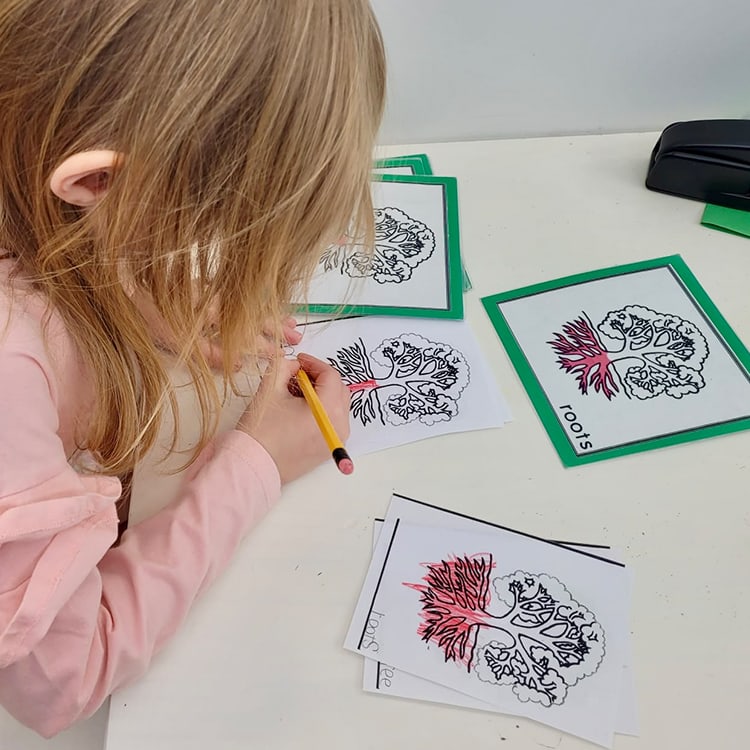By: Mauren Stark Schmidt
TV and computers changed how we interact with one another and the world around us. Now, in the age of smartphones and tablets, our children have constant access to knowledge and an endless flow of entertainment at their fingertips. Unfortunately, with so many devices at our children’s disposal, they have lost something incredibly valuable: Silence, and the ability to listen to themselves.
My college professor once told me that as soon as TVs became commonplace, his students began to change. Whereas before he could ask them a question and they would attempt to answer it now, they just sat there, waiting patiently. They expected the answer to be given to them.
Children today are constantly busy, with every moment scheduled or filled. This means that they don’t have time to think their own thoughts or reflect on their own lives. A twenty-year study looked at the qualities associated with success and determined that certain personal attributes contribute to an individual’s sense of achievement. In the study, success was defined as having positive family relationships and good friends, feeling loved, having self-approval, being satisfied at work, having good physical and mental health, being financially comfortable, feeling spiritually content, and having an overall sense of meaning in one’s life.
The qualities that most contributed to the richness of life were self-awareness, a proactive attitude, perseverance, goal setting, having effective support systems, and having emotional coping strategies.
When our children are constantly plugged in, they aren’t building these qualities. A parents part of our job is to help our children unplug from other people’s voices and dramas, and learn how to listen to their own inner voices. Here are a few methods you can use at home to help your child unplug:
Set Limits
A study by The Kaiser Family Foundation found that children and adolescents spend an average of seven hours and thirty-eight minutes each day using entertainment. That is more than 53 hours a week. The American Academy of Pediatrics recommends that children over the age of two spend no more than two hours each day on screens and that children under two should have no screen time.
To limit the amount of screen time your children are exposed to it is best to keep computers and TVs in common areas. This allows you to easily monitor how much screen time your child has each day. When it comes to tablets and smartphones, you should also be sure to set rules that limit the amount of time your children are allowed to spend on these devices.
Go Low Tech
Families were able to have fun before smartphones and tablets came along. Low tech activities are a great way to bond as a family and teach your child new skills. Here are some activities you might like to try at home as a family:
- Reading books aloud
- Cooking meals
- Going for evening walks
- Building models
- Doing crossword puzzles or other word games
- Solving sudoku puzzles
All of these activities are great ways to help your child unplug and engage in interpersonal and intrapersonal communication.
Schedule a Power Outage
Schedule one evening per month to have a “power outage.” Put away all your electronic devices and have a firepit, play cards or board games, look at the stars, or play parlour games like charades. Make the evening extra special by fixing a special snack and spend a few hours simply enjoying each other’s company.
You can also use unplugging as an excuse to bond with friends and neighbours. Reach out to other families you know and organize some group activities that don’t involve watching TV, using computers, or playing video games.
Children need peace and quiet so they can think their own thoughts and learn to enjoy being with the person they will spend the rest of their lives with – themselves. They need time to build relationships with their friends and family members. As tempting as technology can be we need to make sure our children are gaining the skills they need to love their lives and themselves.
Author Biography: Mauren Stark Schmit has been working with children for over twenty-five years. She holds a Masters in Education from Loyola College and holds teaching credentials from Montessori Internationale. She has founded her own Montessori school, and writes a weekly syndicated news column called Kids Talk. She is also the author of Understanding Montessori: A Guide for Parents and Building Cathedrals Not Walls.


